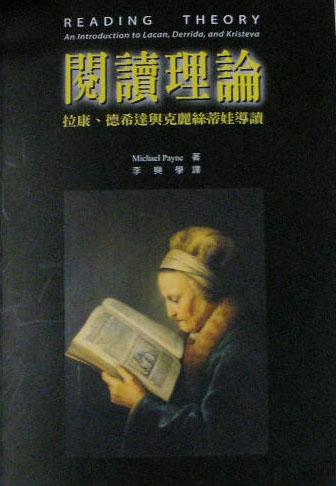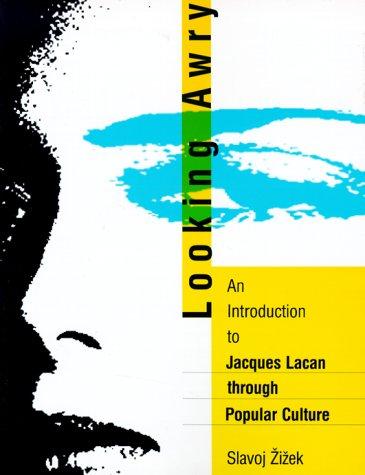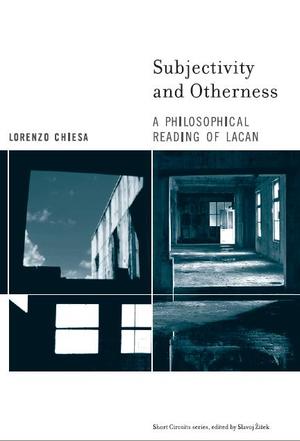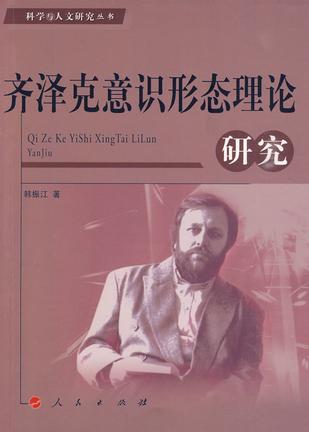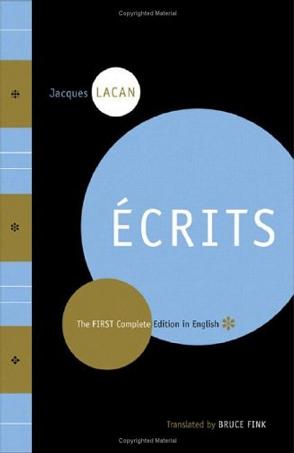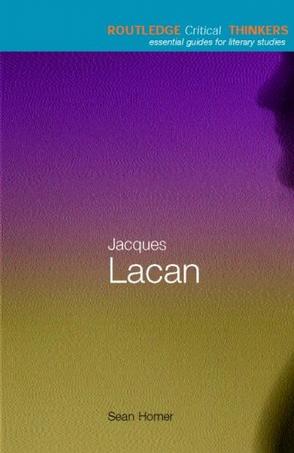Subjectivity and Otherness
Chiesa, Lorenzo
Book Description
Countering the call by some "pro-Lacanians" for an end to the exegesis of Lacan's work--and the dismissal by "anti-Lacanians" of Lacan as impossibly impenetrable--Subjectivity and Otherness argues for Lacan as a "paradoxically systematic" thinker, and for the necessity of a close analysis of his texts. Lorenzo Chiesa examines, from a philosophical perspective, the evolution of the concept of subjectivity in Lacan's work, carrying out a detailed reading of the Lacanian subject in its necessary relation to otherness according to Lacan's orders of the Imaginary, the Symbolic, and the Real.
Chiesa emphasizes the continuity underlying apparently incompatible phases of Lacan's examination of the subject, describing Lacan's theory as a consistent philosophical system--but one that is constantly revised and therefore problematic. Chiesa analyzes each "old" theory of the subject within the framework of a "new" elaboration and reassesses its fundamental tenets from the perspective of a general psychoanalytic discourse that becomes increasingly complex. From the 1960s on, writes Chiesa, the Lacanian subject amounts to an irreducible lack that must be actively confronted and assumed; this "subjectivized lack," Chiesa argues further, offers an escape from the contemporary impasse between the "death of the subject" alleged by postmodernism and a return to a traditional "substantialist" notion of the subject. An original treatment of psychoanalytic issues, Subjectivity and Otherness fills a significant gap in the existing literature on Lacan, taking seriously the need for a philosophical investigation of Lacanian concepts.
Review
"Chiesa reintroduces us to Lacan in the same way Lacan reintroduces us to Freud: setting aside received ideas, false projections, and impressionistic readings, he uncovers what is most basic and original in Lacan's thought while demonstrating conclusively why an engagement with it is indispensable for contemporary philosophy. Not a fly-over summary of the Lacanian corpus, the book manages rather to capture the eventful moments of hesitancy, insight, recasting, in short, the movement of Lacan's thought as it grapples with the critical relation between subjectivity and otherness. This is a dynamic, matchless reading of Lacan that will ignite new interest in his work and rekindle the passions of initiates." -- Joan Copjec, author of Imagine There's No Woman
"Distilled from an enviable mastery of the whole of Lacan's oeuvre, Lorenzo Chiesa's book provides an exceptionally clear and well-integrated account of all the central concepts at work in Lacan's notoriously elusive system of thought, organised in terms of its shift in orientation from 'Imaginary' through 'Symbolic' to 'Real'. Rarely have the properly philosophical dimensions of Lacan's anti-philosophy been presented with such assurance and poise; anyone interested in the ongoing re-evaluation of the place of the subject in contemporary continental philosophy will find Subjectivity and Otherness an invaluable and inspiring guide." -- Peter Hallward, Professor of Philosophy, Middlesex University, London, UK
"Lorenzo Chiesa has written a philosophical account of Lacan's teaching that is both a superb introduction and a penetrating study of his major contributions, from the initial discovery that the unconscious is structured like a language to a detailed analysis of the subject of jouissance. Newcomers will find a clear, step-by-step exposition of the major themes, while those already familiar with Lacan's contribution to psychoanalysis will find intense stimulation in Chiesa's philosophical engagement with Lacanian thought." -- Russell Grigg, Director, Psychoanalytic Studies and Associate Professor, Philosophy, Deakin University, Melbourne, Australia
"With this volume, Lorenzo Chiesa establishes himself as the leader of a new generation of 'young Lacanians', for whom Lacan is primarily a text that needs to be read. Avoiding the need to pledge his doctrinal allegiance to a master, and refusing the endless regurgitation of mantras, Chiesa ploughs through the Lacanian territory with a razor-sharp intellect, constantly unearthing original themes and motifs, and weaving patterns of thought into an intellectual system that proves to be everything but systematic and, for that matter, all the more convincing. Chiesa reads Lacan philosophically, not just insofar as he short-circuits psychoanalysis and philosophy, but also insofar as he approaches the dense text with extreme care and conscientiousness. I don't think Lacan has ever been read with so much patience and exactitude, and had this book been produced during Lacan's lifetime, there is no doubt that he would have recommended it to his audience as a brilliant example of critical reading." -- Dany Nobus, Professor of Psychology and Psychoanalysis, Brunel University, UK
